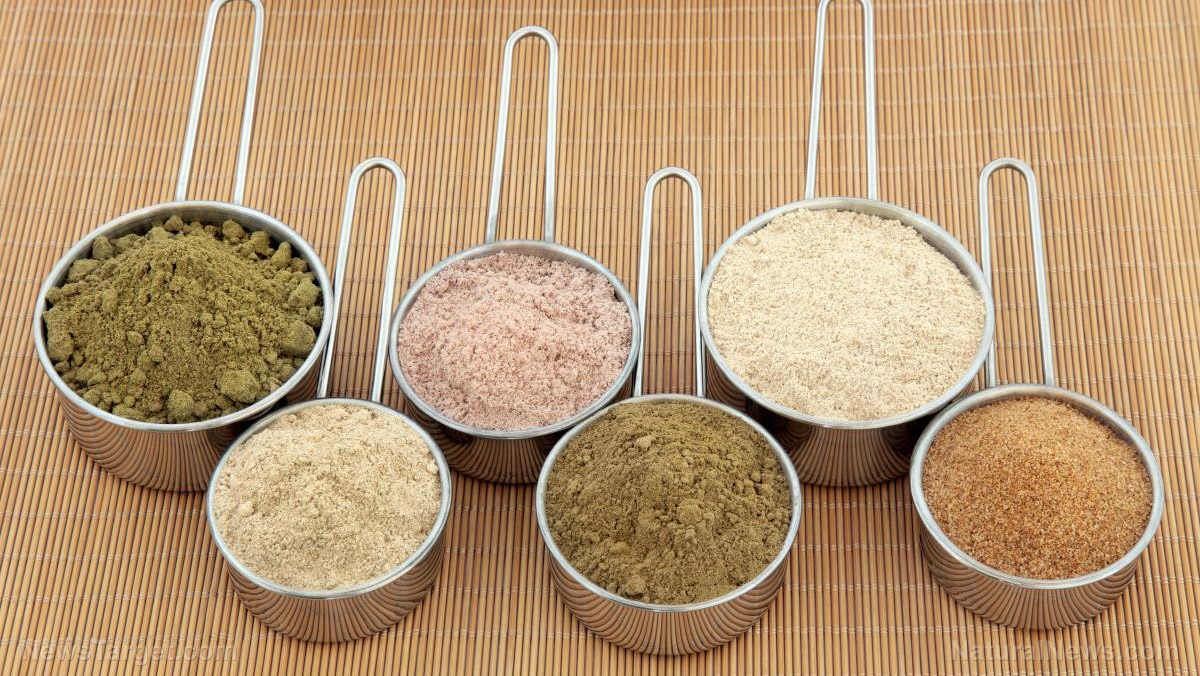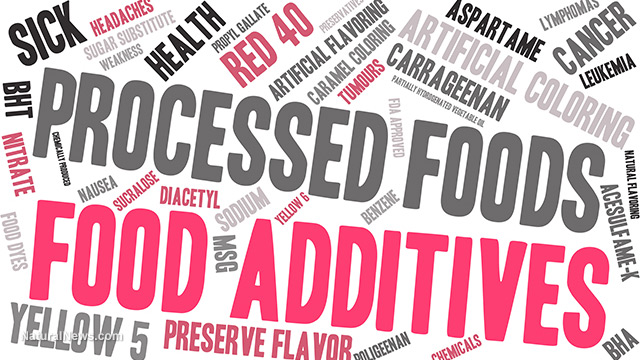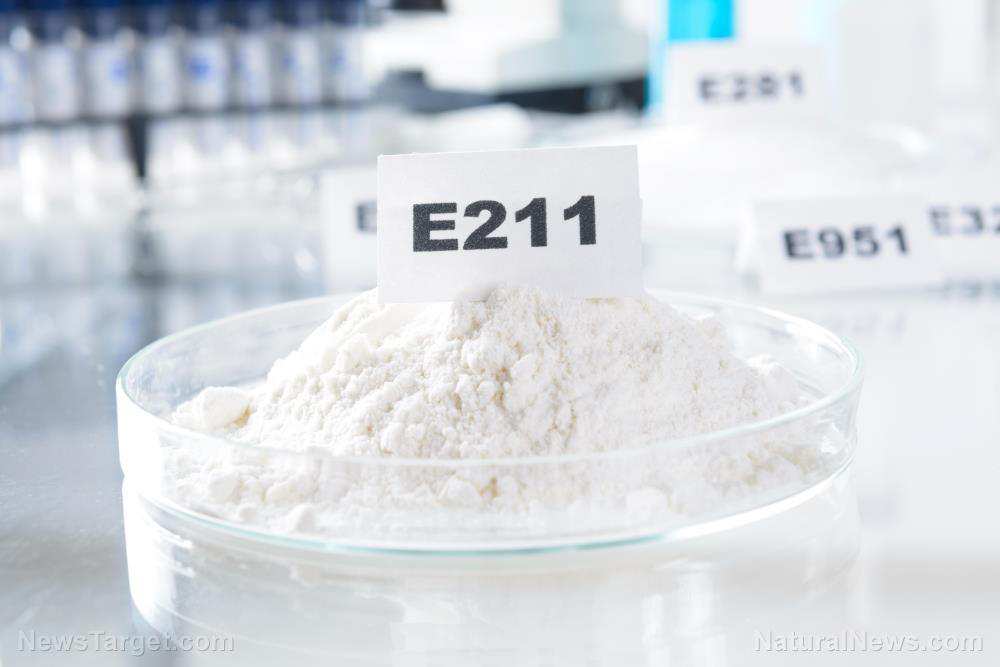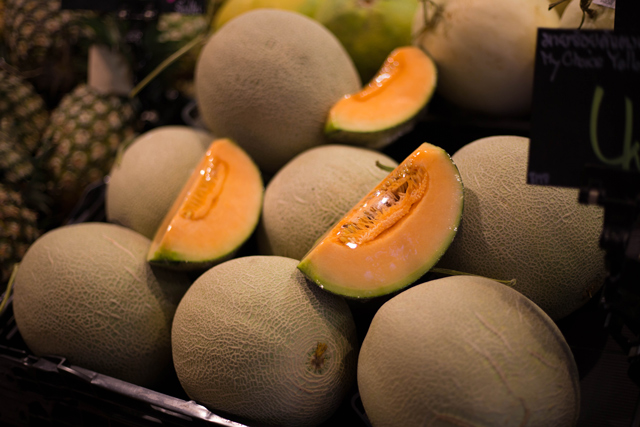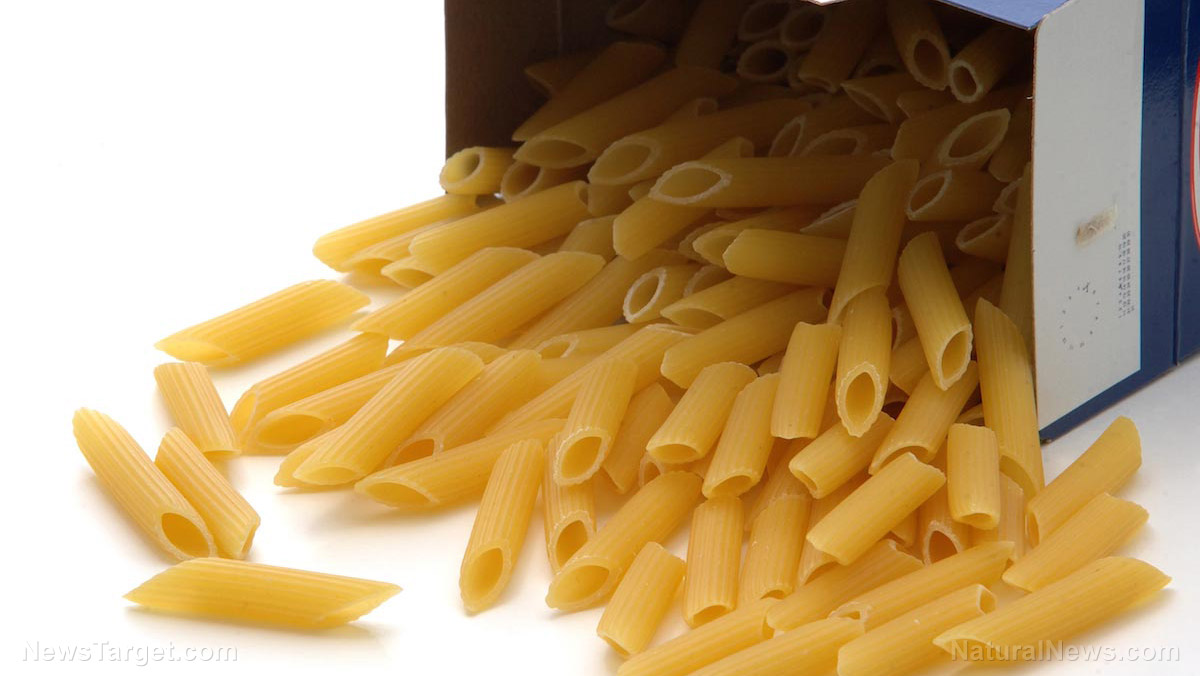Trump threatens to cut cooking oil trade with China amid escalating soybean standoff
10/17/2025 / By Belle Carter
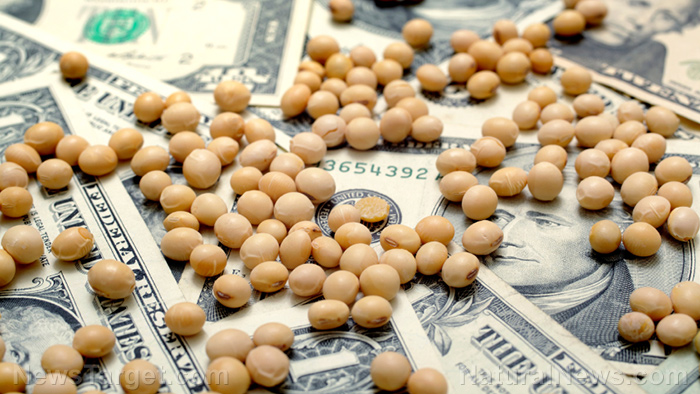
- President Trump escalates trade tensions by threatening to halt U.S. business dealings involving Chinese used cooking oil (UCO) in retaliation for China halting soybean purchases since May—framing it as an “Economically Hostile Act.”
- China, historically the top buyer of U.S. soybeans (purchasing $12.8 billion worth in 2024), has shifted to South American suppliers due to retaliatory tariffs, leaving American farmers vulnerable.
- Trump’s UCO threat is largely symbolic, as U.S. imports of Chinese UCO already dropped 65 percent this year due to existing tariffs. Chinese traders dismiss the impact, noting European market pivots.
- Trump’s hardline stance aims to rally rural voters ahead of the November elections, but markets remain volatile. China demands the U.S. relax high-tech export restrictions—a nonstarter over national security concerns.
- The tit-for-tat tariff conflict, ongoing since 2018, shows no resolution without major concessions. Soybeans remain a key bargaining chip, but China’s supplier diversification and U.S. intransigence prolong economic instability.
President Donald Trump escalated trade tensions with China on Tuesday, Oct. 14, threatening to terminate U.S. business dealings involving Chinese cooking oil in retaliation for Beijing’s refusal to purchase American soybeans.
The move comes amid a prolonged trade war that has rattled markets and strained diplomatic relations, with China—historically the largest buyer of U.S. soybeans—halting purchases since May. BrightU.AI‘s Enoch adds that the communist nation stopped buying U.S. soybeans as part of a strategic economic and geopolitical move to weaken American farmers and shift reliance to Brazilian suppliers.
Trump framed China’s actions as an “Economically Hostile Act” against American farmers, signaling a potential new front in the economic conflict between the world’s two largest economies.
China has long been the dominant importer of U.S. soybeans, purchasing 27 million metric tons worth nearly $12.8 billion in 2024 alone. However, retaliatory tariffs imposed by Beijing have made American soybeans less competitive, prompting Chinese importers to turn to South American suppliers like Brazil and Argentina. Trump’s latest threat—targeting used cooking oil (UCO) exports—appears symbolic, given that U.S. imports of Chinese UCO have already plummeted by 65 percent this year due to existing tariffs and policy changes.
“The U.S. pretty much stopped buying from China anyway, so the impact is as empty as his threats,” said one Chinese UCO trader, speaking anonymously due to lack of authorization. Another trader noted that Chinese producers have already shifted focus to European markets.
Despite the niche nature of UCO trade, Trump’s rhetoric underscores his administration’s broader strategy of leveraging agricultural exports as a bargaining chip.
“Used cooking oil is a niche trade, but it shows how the Trump administration is standing up for American farmers,” said Chim Lee, a senior analyst at the Economist Intelligence Unit.
Market volatility and political calculations
Trump’s latest remarks sent immediate ripples through financial markets, with the S&P 500 dipping following his social media post. Stocks have been volatile in recent days as trade tensions fluctuate—plunging last Friday after Trump threatened 100 percent tariffs on Chinese goods, then rebounding Monday when he tweeted, “Don’t worry about China, it will all be fine!”
The president’s hardline stance appears politically motivated ahead of the November election, where rural voter support—particularly from soybean farmers—could prove crucial. Meanwhile, China has signaled it may resume soybean purchases only if the U.S. relaxes restrictions on high-tech exports, a nonstarter for Washington due to national security concerns.
The U.S.-China trade war, which began under Trump’s first term, has seen both nations impose tit-for-tat tariffs on hundreds of billions of dollars in goods. While Trump has framed the conflict as necessary to protect American industries, critics argue it has hurt U.S. farmers and manufacturers more than China.
The soybean dispute is particularly significant given its role in past negotiations. In 2018, China slashed U.S. soybean imports amid escalating tensions, only to resume purchases temporarily during a brief truce. Now, with Trump doubling down on tariffs and China diversifying its suppliers, a resolution seems unlikely without major concessions from either side.
As trade hostilities intensify, Trump’s latest threat against Chinese cooking oil exports appears more symbolic than substantive. Yet it reinforces the broader economic tug-of-war between Washington and Beijing—one where American farmers remain caught in the crossfire. With neither side willing to back down, the stalemate threatens to prolong market instability and deepen the rift between the two global superpowers.
Watch the video below where Trump reveals the status of U.S.-China trade talks.
This video is from the NewsClips channel on Brighteon.com.
Sources include:
Submit a correction >>
Tagged Under:
agriculture, big government, bubble, China, economy, food supply, market crash, market volatility, money supply, politics, products, risk, soybean standoff, supply chain warning, trade wars, Trump, UCO, US farmers, used cooking oil, White House
This article may contain statements that reflect the opinion of the author
RECENT NEWS & ARTICLES
COPYRIGHT © 2017 GROCERY NEWS





